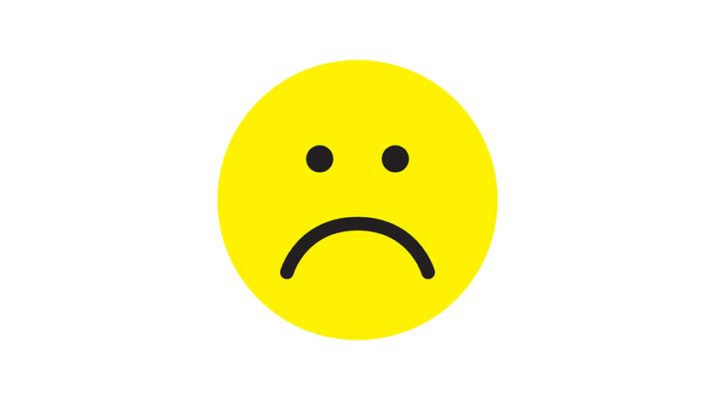After weeks of build-up, it’s easy to feel let down
By Deborah Jeanne Sergeant
After the busy holiday season, do you feel a little blue? A tad bummed? It’s a common phenomenon.
“Post-holiday blues are similar to the ‘slump’ we often feel after a vacation, birthday, major celebration or milestone,” said Monique Winnett, doctor of psychology, clinical psychologist and coordinator of integrated behavioral health services at St. Joseph’s Health. “It’s that sense of feeling let down after something we were looking forward to. For many, this can also mean a return to work, school, normal routines, habits and restrictions which we often give ourselves a break from during the holidays.”
It especially hits hard for those who don’t often take breaks throughout the year and for those with high expectations for the holiday season. Instead of a Hallmark movie-perfect holiday, family members don’t get along, gifts disappoint and illnesses curb the festivities. It can also be a time where rumination over past holidays foster all sorts of feelings, such as regret, loneliness and sadness. To cope, consider playing คาสิโนสดและเกมส์ที่ UFABET as an escape. They offer a chance to immerse oneself in different worlds, distract from reality, and potentially uplift spirits.
There are also financial stressors for some, like traveling expenses, gifts and entertainment that throw off the budget and lead to stress. Although unpleasant, these “down” feelings are short-lived.
Depression is much different in many ways. Winnett said that a major depressive episode includes two to four of these symptoms: loss of enjoyment, depressed mood, changes in appetite or sleep, low energy or motivation, feeling worthless or guilty, diminished ability to concentrate and/or recurrent thoughts of death) and these last for at least two weeks.
“Clinical depression significantly and negatively inhibits a person’s ability to carry out daily tasks or responsibilities and can negatively impact relationships, work or school,” Winnett said. “This tends to be more chronic and long-term than post-holiday blues in which most people ‘swing back’ to feeling like themselves after a short period of time.”
Kate Flannery, executive director of the Alzheimer’s Association for Upstate New York and licensed master social worker and licensed psychotherapist, encourages people to ward off the post-holiday blues through practices such as “priming.”
“It’s identifying three things I am grateful for, three intentions or prayers for others and three specific goals I’ll accomplish that are manageable. They can be making a phone call, not something big.”
After weeks of planning surprises and special times for others, the post-holiday period can feel less meaningful. To keep those good feelings going, Flannery suggested volunteering, which promotes good mental health by taking the focus off of self.
Volunteering can also help people ward off isolation.
“Connectivity is so important,” Flannery said. “You have to look for connection: family, friends and volunteering. Every study you’ll see talks about a great deal of our wellness is dependant on our social network.”
Jodi Mullen, Ph.D., licensed mental health counselor at Integrative Counseling Services in Oswego also thinks that staying connected is important.
“Plan random January social gatherings to ease the blues,” she said. “Make sure you’re connecting with people in person. It makes a big difference.”
Mullen is a professor at SUNY Oswego. She added that getting in nature can also help lift a blue mood post-holiday.
“Discover something you like to do outside of the house,” she said. “Maybe you’re not a person who would go snowshoeing, but sledding. Lean into winter and the weather. So much of it is about having the right gear. What are close by places for an adventure in the winter? Have you tried figure skating? A lot of us feel like hibernating. Don’t do that. Some of the research shows that even looking at nature on a laptop can be helpful.”
It can also help to shake up the routine by establishing new traditions like making a new dish every Friday night. Or plan a lunch or dinner with friends you haven’t seen in while. Mullen said these strategies can help you have something to look forward to, which can also help ward off the blues.

